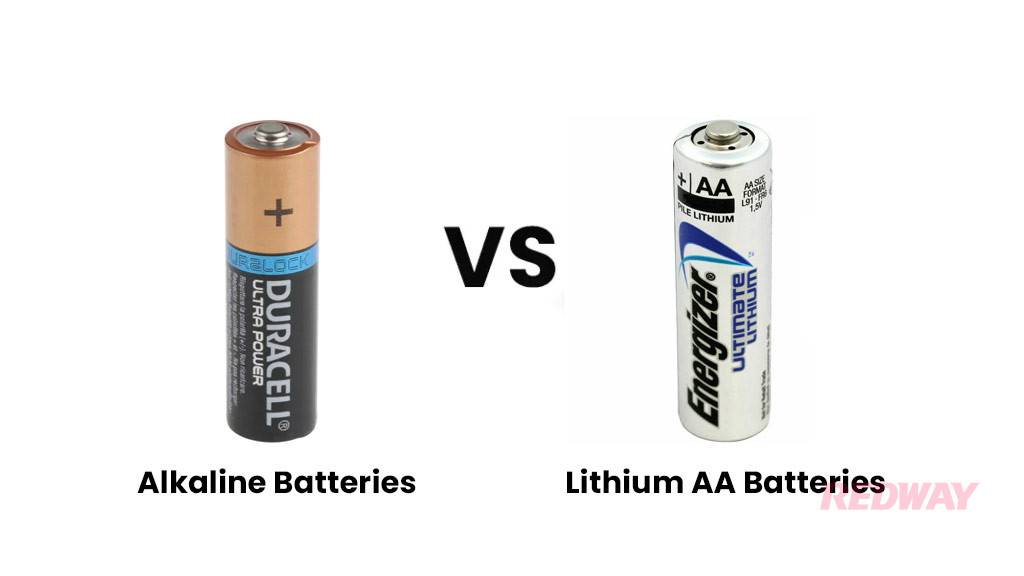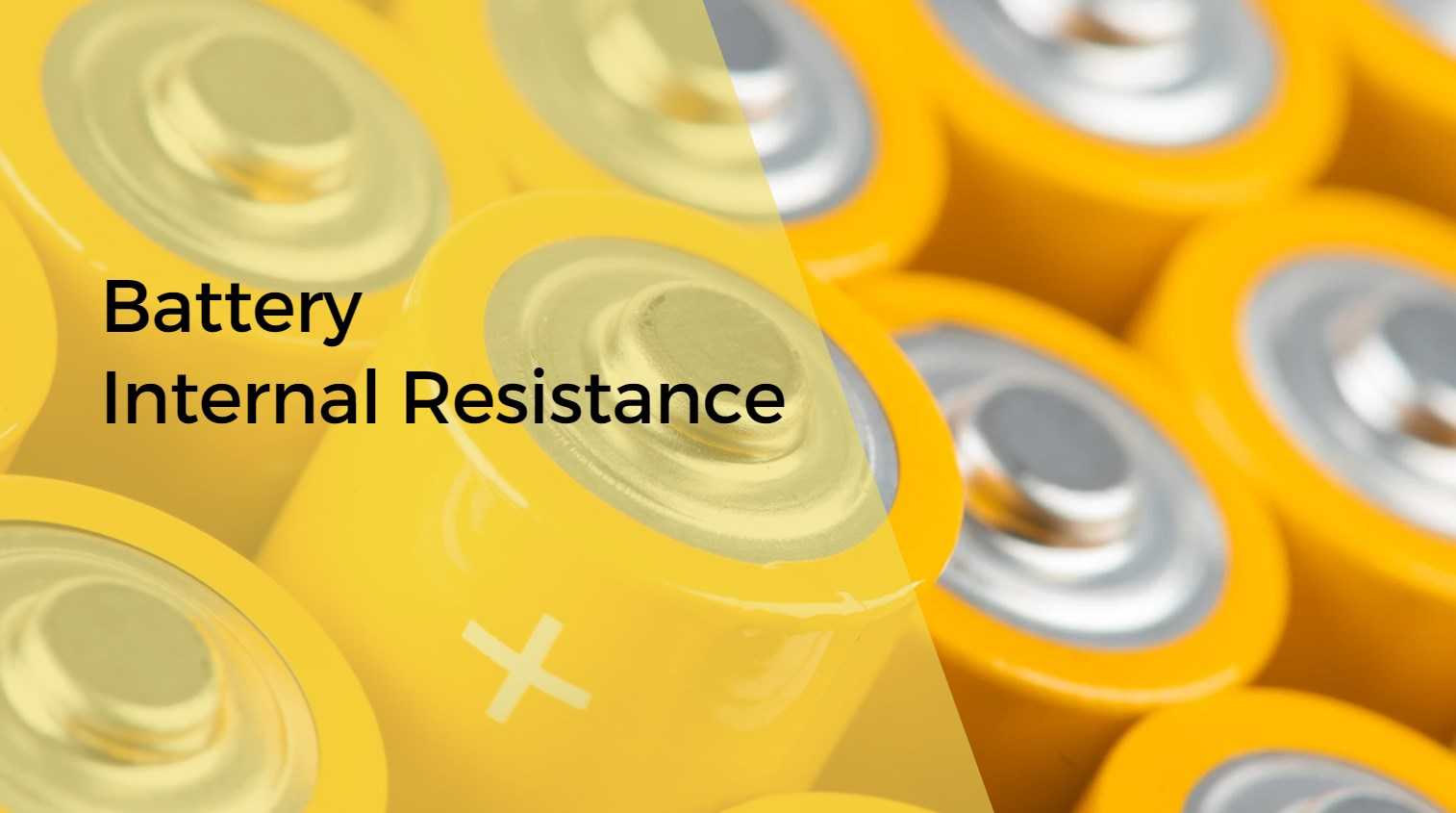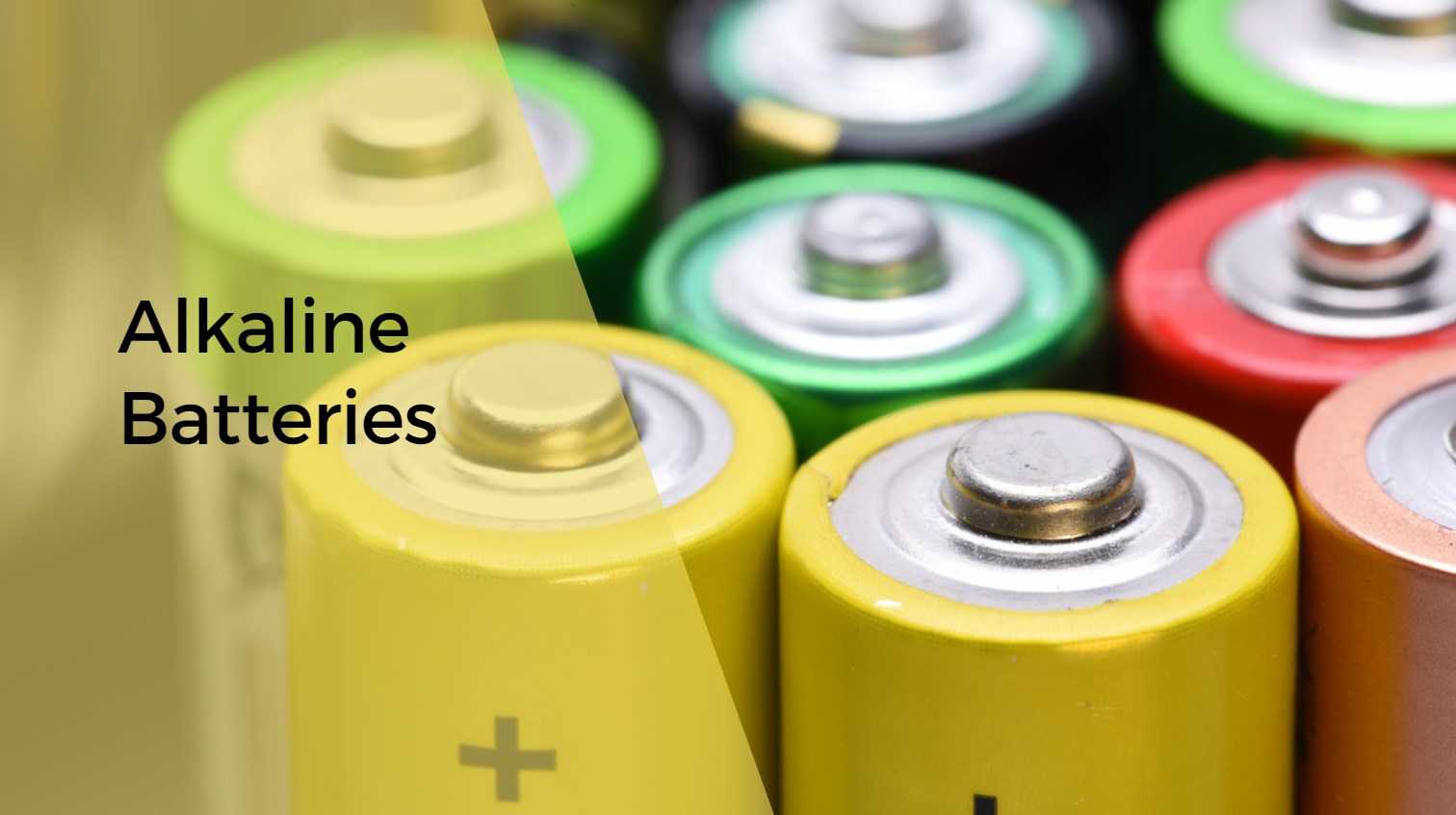In our tech-centric lives, the selection of AA batteries holds significant importance for powering an array of devices. This comprehensive guide aims to demystify the decision-making process by delving into the key distinctions between Alkaline and Lithium AA batteries.
What is Alkaline Battery?
An alkaline battery is a disposable power source utilizing manganese dioxide and zinc as primary components, renowned for its enduring and dependable performance. Widely favored across household devices and gadgets, the term ‘alkaline’ stems from its potassium hydroxide electrolyte, enabling sustained power output.
Wholesale lithium golf cart batteries with 10-year life? Check here.
What is Lithium AA Battery?
A Lithium AA battery is a disposable power source utilizing lithium in its anode and cathode. It’s commonly used in electronics like digital cameras and flashlights. Known for its high energy density and long shelf life, Lithium AA batteries are lightweight and ideal for devices with high energy demands.
Want OEM lithium forklift batteries at wholesale prices? Check here.
Alkaline vs Lithium AA Batteries Comparison
Alkaline batteries, like AA, are cheaper but have a shorter lifespan and voltage decline over time. Lithium AA batteries cost more upfront but last longer with consistent voltage output. They’re lighter and ideal for high-drain devices. Consider usage needs and budget for the best choice.
1.Types
- The type of alkaline batteries:
9 volts
AAA
AA
Coin shaped cell batteries - The type of lithium batteries:
14500 lithium battery
16650 lithium battery
18650 lithium battery
21700 lithium battery
26650 lithium battery
32650 lithium battery
2. Price
Alkaline batteries, crafted from disposable and affordable materials, come at a notably lower price compared to lithium batteries. While lithium batteries may carry an initial cost up to five times higher than alkaline counterparts, their extended lifespan of 8 to 10 cycles surpasses alkaline batteries. Crucially, lithium batteries maintain consistent voltage, outperforming alkaline batteries that experience a decline in voltage output over time. This longevity and sustained performance make lithium batteries more cost-effective per use, presenting a strategic investment for those valuing durability and prolonged battery life.
3. Chemistry and Composition
- Alkaline Batteries: Composed of manganese dioxide and zinc.
- Lithium AA Batteries: Feature lithium metal oxide. Understanding the chemical composition provides insights into the unique characteristics of each AA battery type.
4. Capacity and Runtime
- Alkaline Batteries: Suitable for low to moderate-drain devices with average capacity.
- Lithium AA Batteries: Ideal for high-drain devices, offering significantly higher capacity and prolonged runtime. Consider your device’s power requirements and usage patterns to determine the best fit.
5. Weight
- Alkaline Batteries: Heavier compared to lithium batteries.
- Lithium AA Batteries: Significantly lighter, making them ideal for portable devices. Weight considerations are crucial, especially for applications where portability is essential.
6. Internal Resistance
- Alkaline Batteries: Higher internal resistance.
- Lithium AA Batteries: Lower internal resistance, ensuring efficient energy transfer. Understanding internal resistance impacts the overall performance and efficiency of each AA battery type.
7. Shelf Life
- Alkaline Batteries: Limited shelf life.
- Lithium AA Batteries: Extended shelf life, maintaining consistent performance over time. Shelf life expectations are vital for users who may not use their devices frequently.
8. Recharging Capabilities
- Alkaline Batteries: Not rechargeable.
- Lithium AA Batteries: Rechargeable options available for extended use. Consider your preference for disposable or rechargeable batteries based on your environmental concerns and budget.
9. Consistent Output
- Both Batteries: Provide reliable power, but lithium AA batteries maintain a consistent voltage output throughout their life cycle. Understanding how consistent output affects device performance ensures optimal functionality.
10. Cost-Effectiveness
- Alkaline Batteries: Generally more cost-effective initially.
- Lithium AA Batteries: Higher upfront cost but cost-effective in the long run due to extended lifespan. Evaluate the long-term cost benefits to make an informed decision.
Conclusion
Choosing between Alkaline and Lithium AA batteries depends on your specific needs and preferences. If longevity and high-drain device use are priorities, lithium batteries may be the better option. For budget-conscious users with low to moderate-drain devices, alkaline batteries might suffice. Understanding these differences empowers users to make informed decisions, ensuring their devices receive the optimal power supply.
FAQ
Which is better lithium or alkaline batteries?
Lithium batteries are better for high-drain devices and extreme temperatures, lasting 8-10 times longer than alkaline batteries. They offer higher energy density and stable voltage. Alkaline batteries are more affordable and suitable for low-drain, infrequent use. Choose lithium for longevity and performance; alkaline for cost-effectiveness in basic applications.
What happens if you use lithium batteries instead of alkaline?
Using lithium batteries instead of alkaline usually results in longer runtime, steadier voltage, and better performance under heavy load or extreme temperatures. However, lithium batteries are costlier, and some devices not designed for lithium chemistry may face compatibility issues or reduced device lifespan.
When not to use lithium batteries?
Do not use lithium batteries in devices specifically designed for alkaline voltages or sensitive to higher lithium voltage. Avoid in cheap electronics not meant for lithium chemistry, or devices explicitly requiring alkaline batteries to prevent malfunction or damage.
How do I know if my battery is alkaline or lithium?
Check the battery label: lithium batteries often say “Lithium” or “Li-ion” and have a lighter weight; alkaline batteries typically say “Alkaline.” Lithium batteries have a more stable voltage curve and longer shelf life. Physical weight and price can also hint—lithium batteries are lighter and more expensive.
How does lithium battery life compare to alkaline?
Lithium batteries last 5 to 10 times longer than alkaline in similar devices, maintaining stable voltage throughout discharge. Alkaline voltage declines steadily, reducing effective runtime, especially in high-drain uses.
Which battery is best for smoke detectors, lithium or alkaline?
Lithium batteries are best for smoke detectors because they can last up to 10 years, maintain steady voltage, and reduce false alarms. Alkaline batteries typically require replacement every 1-2 years and drop voltage more quickly.
How do lithium rechargeables compare to alkaline batteries?
Rechargeable lithium-ion batteries have much higher cycle life (500–2000 cycles) and energy density compared to rechargeable alkaline batteries (50–100 cycles). Lithium offers more consistent power but costs more upfront.
What are Reddit users saying about lithium vs alkaline?
Reddit users generally favor lithium batteries for longer life, lighter weight, better performance in high-drain devices, and temperature tolerance, despite higher cost. Many appreciate reduced waste and fewer replacements.
What happens if you use alkaline instead of lithium?
Using alkaline in place of lithium usually lowers runtime, reduces performance in high-drain devices, and leads to more frequent replacements.
What are lithium AA batteries used for?
Lithium AA batteries power high-demand or outdoor devices like digital cameras, flashlights, and outdoor sensors, where long life, reliable performance, and temperature tolerance are required.
Are alkaline batteries allowed on airplanes?
Yes, alkaline batteries are generally allowed in both carry-on and checked luggage on planes, as they pose minimal safety risks. Always check airline regulations before flying.
What are lithium batteries and why are they preferred?
Lithium batteries use lithium compounds for high energy density and stable voltage. Preferred for long life, lightweight design, ability to operate in extreme temperatures, and superior performance in high-drain or critical devices.











